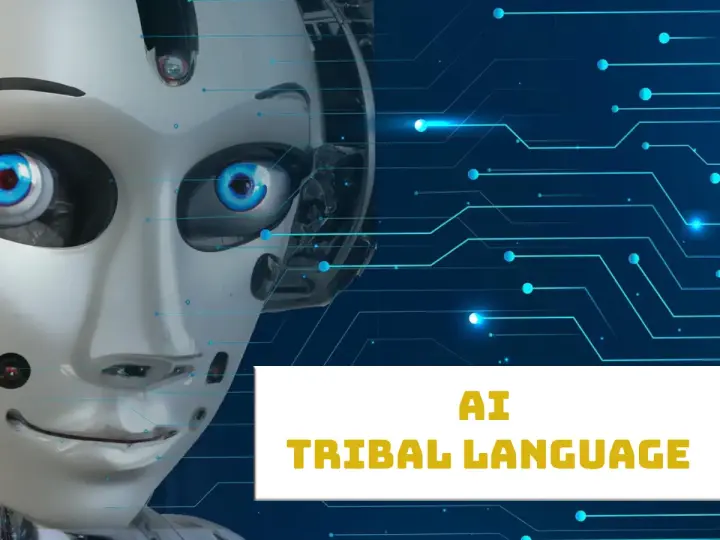
Language is more than communication—it is the soul of culture, tradition, and identity. Yet, many tribal and indigenous languages across the world are at risk of extinction due to modernization and lack of digital presence. This is where Artificial Intelligence (AI) steps in, offering powerful tools to preserve, digitize, and revitalize these unique languages
According to UNESCO, nearly 40% of the world’s languages are endangered, with tribal and indigenous dialects being the most vulnerable. Losing these languages means losing centuries of cultural knowledge, heritage, and history. Digital inclusion of these languages ensures that tribal communities can access education, healthcare, and government services in their own dialects.
Speech Recognition and Translation
AI-powered systems can translate tribal languages into mainstream languages and vice versa, enabling smoother communication.
Example: Voice assistants and chatbots trained in indigenous dialects.
Natural Language Processing (NLP)
NLP models can analyze and digitize grammar, vocabulary, and sentence structures of lesser-known languages.
This helps in creating online dictionaries, educational content, and mobile apps.
Text-to-Speech & Speech-to-Text Tools
AI-driven TTS and STT solutions make it possible for tribal communities to interact with digital platforms in their mother tongue.
Data Preservation
AI can archive and preserve audio recordings of native speakers, ensuring future generations can learn their ancestral language.
India, with its over 700 tribal languages and dialects, is actively exploring AI solutions for language inclusion. Initiatives include:
AI-based translation apps for tribal students in education.
Digital India Mission working on linguistic diversity inclusion.
Collaboration between tech companies and universities to build AI datasets of tribal dialects
Google AI & Microsoft have launched projects supporting endangered languages through translation and speech technologies.
Indigenous communities in Canada, Australia, and Africa are using AI tools to document oral traditions and local languages.
✔ Preserves cultural heritage
✔ Improves access to education and healthcare
✔ Promotes digital literacy among indigenous communities
✔ Strengthens social and economic inclusion
AI for tribal language inclusion is not just a technological advancement—it is a movement to preserve cultural diversity and ensure digital equality. With the right collaborations, AI can bridge the gap between tradition and technology, giving tribal voices a place in the digital future.




